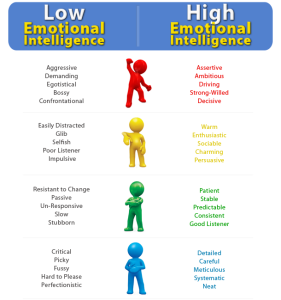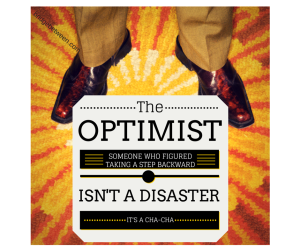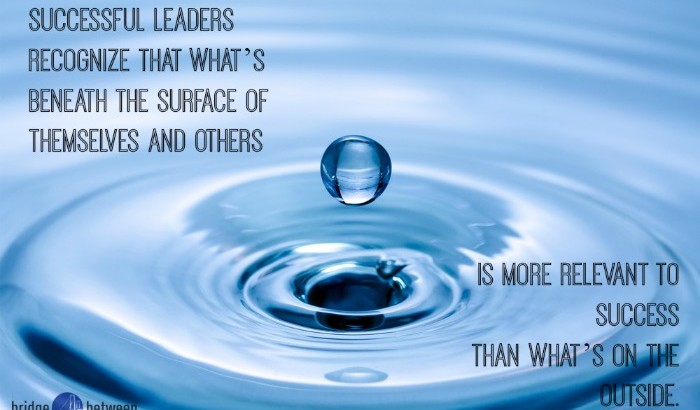Really, it’s a bit of a misnomer to refer to ‘mentally strong leaders’. Most leaders, by definition, are mentally strong. But like the chicken and the egg argument, which came first? The leadership or the strength?
Most successful leaders started out with many of these strong traits in their back pockets, but their time in leadership roles has honed them so that they have become a real part of their personality.
1.Embrace change and challenges
A mentally strong person will not shy away from change or challenges in life and in business. In fact, they will invariably see adversity as an opportunity, not a negative. There is a willingness to act outside of their comfort zone, for a greater result.
2. Take (calculated) risks
Risk for the sake of it is not on the agenda for a mentally strong person, but a calculated risk that could result in a valuable result is something they will engage in. That’s because, at it’s foundation, a calculated risk is evaluated based on logic, not gut.
3. Willingness to fail
Intertwined with the willingness to take a risk is the willingness to fail. One comes with the other! Mentally strong people maintain a constant state of relative optimism. That is, while they’re not mired in negative thoughts of failure, but they aren’t blindly optimistic either. Instead, they live in a happy medium where they prefer to see the positive but are open to reality.
4. Celebrate others
As with any personality that leans towards a good dose of self-confidence, the mentally strong person will always and happily celebrate the successes of others. That’s because they understand the merit that comes with achieving things and a core belief is that we none of us succeed alone.
5. Think wisely
Time is a finite thing when you consider our mortality. Mentally strong people tend to be able to think ‘bigger picture’, remove the extraneous details that don’t matter or aren’t worth worrying about and keep focused. This is the best use of their time and energy.
6. Maintain core beliefs
Even in the face of opposition, a mentally strong person will stay true to their core beliefs. Not in a stubborn way: they are always open to being disproved by others and will modify their beliefs if convinced. But they will also not sway in their beliefs because of peer pressure or some vague nod to popularity. They’re comfortable in their way of thinking and will defend it, if necessary.
7. Focus on that which you can control
Too many of us spend a lot of time fussing about things that we can do nothing about. Mentally strong people will take stock of whatever they are dealing with and make cogent plans for managing the issue, rather than worrying about it.
8. Learn from, and make peace with, the past
Whenever a past decision turns out to not have the positive results expected, a mentally strong person won’t dwell on the result. Instead, they’ll review it, take responsibility for it, see what can be learned from the experience, and move on. Viewing failure as an opportunity to learn and grow is in their nature.
9. Spend time alone
There’s a great line in the 1995 movie: Sabrina. Fanny Ardant, playing an editor at Vogue France, says to the young and impressionable Sabrina: “You seem embarrassed by loneliness, by being alone. But it’s only a place to start.” It’s so true!
Whether to get a handle on their thoughts, work through a problem or simply relax, mentally strong people are comfortable spending time alone; indeed, they look forward to it.
10. Practice gratitude and kindness
Being grateful and kind are choices that we make. We can choose to be those things vis-a-vis other people and situations. A mentally strong person will practice gratitude and embody kindness whenever they can because they know that these two attitudes can help keep any problem they might have in proper perspective.
An effective way to be mindful and remain grounded in gratitude is to keep a gratitude journal. This ‘secret ingredient’ to happy, productive lives is one that mentally strong people are aware of and embrace.
What do you do to stay mentally strong? Would you add to this list?





